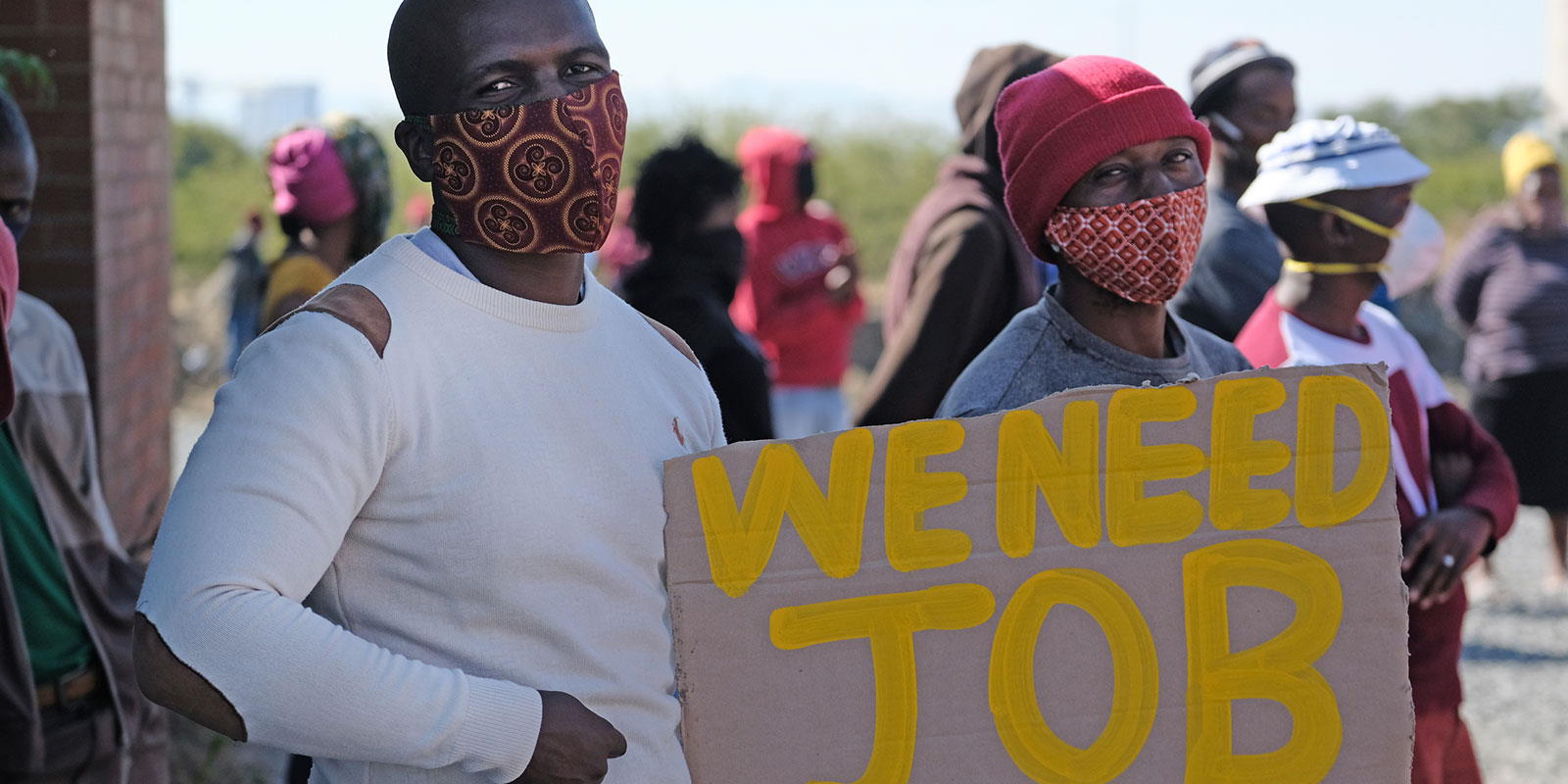The impact of the pandemic on young people
The challenges and impact COVID-19 places on young people includes increased mental health or well-being concerns; increased loneliness and isolation; lack of safe space – including not being able to access their youth club/service and lack of safe spaces at home; challenging family relationships; lack of trusted relationships; increased online pressure and social media; higher risk for engaging in gangs, substance misuse, carrying weapons or other harmful practices; and higher risk of sexual exploitation. However, despite these challenges exacerbated by COVID-19, the youth have been at the forefront of supporting wider emergency responses. Recognising the integral part they have to play in the solution and recovery of their communities, there have been global efforts to draw attention to young people’s actions and their views on fighting the pandemic.
Youth play an important role in the resilience and recovery of their communities, but young people are likely to suffer severe and lasting impacts from the COVID-19 pandemic.
Tweet
The timely intervention and role of Global Peace
Young people need the space to be active participants, and to be heard by world leaders working to build prosperous and peaceful societies. This is a sentiment echoed on 6 May 2019 by Graꞔa Machel, leading international advocate for women’s and children’s rights and the Chair of Global Peace: “It is your future that we are talking about here today. When we talk about technology making a difference in our lives, as it would, should we in Africa not be thinking how you [young people] will use your technology skills to end the root causes of conflict… poverty, unemployment and inequality… and should you not be talking with your leaders today and joining them to find solutions to these underlying causes?”
Recognising the role and relevance of young people to work together with leaders, communities and institutions to build a better world, Global Peace was initiated and launched by the African Centre for the Constructive Resolution of Disputes (ACCORD) on 27 July 2018.It could not have been a more timely initiative, as we see how young people are directly engaged in creating sustainable solutions to ‘Building Back Better’ and are reflecting their skills and innovation to deal with the challenges posed by the COVID-19 pandemic. Their greater participation and inclusion are seeing them play a critical role in solving issues around political, social, economic and health issues. Key to their action has been leadership and their ability to be part of decision-making, and engaging in dialogue with their leaders.
As part of its action plan, Global Peace understands that young people dialoguing with decision-makers and policymakers is important to accomplish inclusive thought leadership, which constructively engages young people in cross-cutting conversations. Thus, its Inter-Generational Dialogues (IGDs) are a pioneering platform where young future leaders engage in dialogue with current leaders on their aspirations for what a better world should look like, and offer inputs on how to shape it.
Global Peace Inter-Generational Dialogues
To date, 56 dialogues have been held across various countries – including – Argentina, Bangladesh, Brazil, Burkina Faso, Burundi, Cameroon, Chad, Chile, Colombia, Côte d’Ivoire, Democratic Republic of the Congo, Dominican Republic, Egypt, Gabon, Germany, Ghana, India, Indonesia, Israel, Japan, Kenya, Lesotho, Liberia, Maldives, Mali, Mexico, Mozambique, Namibia, Nepal, Niger, Nigeria, Peru, Portugal, Republic of Congo, Rwanda, South Africa, Sri Lanka, Sudan, The Gambia, The Netherlands, Togo, Tunisia, Uganda and Zambia – as well as the Peace Boat at sea. Nineteen more dialogues will be held to complete 75 dialogues to coincide with the 75th anniversary of the United Nations (UN).
Even in the midst of COVID-19 measures, the IGDs have continued to connect people virtually. They contribute greatly towards shaping global conversations on how to recover better from the pandemic and on building a future we want to have, a stronger UN, and a more developed world premised on partnership, solidarity and cooperation.
Thus far, key insights and recommendations raised in these conversations include:
- governments must prioritise digitalisation to focus on skilling development for youth employment;
- governments and stakeholders must adopt effective strategies to empower women and girls;
- governments must prioritise healthcare to recover better from COVID-19 and the next pandemic;
- governments and stakeholders must be called upon to strengthen efforts to tackle corruption and the non-delivery of services;
- governments and stakeholders must reconsider their approaches to development and prioritise those connecting people through their humanity, promoting collaborative and cooperative frameworks across societies;
- governments and the private sector must ensure the promotion of effective entrepreneurship among the youth, as they form the largest segment of the world’s population;
- governments must be encouraged to build more infrastructure in health, education and agriculture for food supply; and
- there is a need to see young people in decision-making conversations, and to build the skills necessary for their leadership roles.
Kobla Asamani is the coordinator for campaign and advocacy at ACCORD, in charge of the Global Peace Inter-Generational Dialogues.

